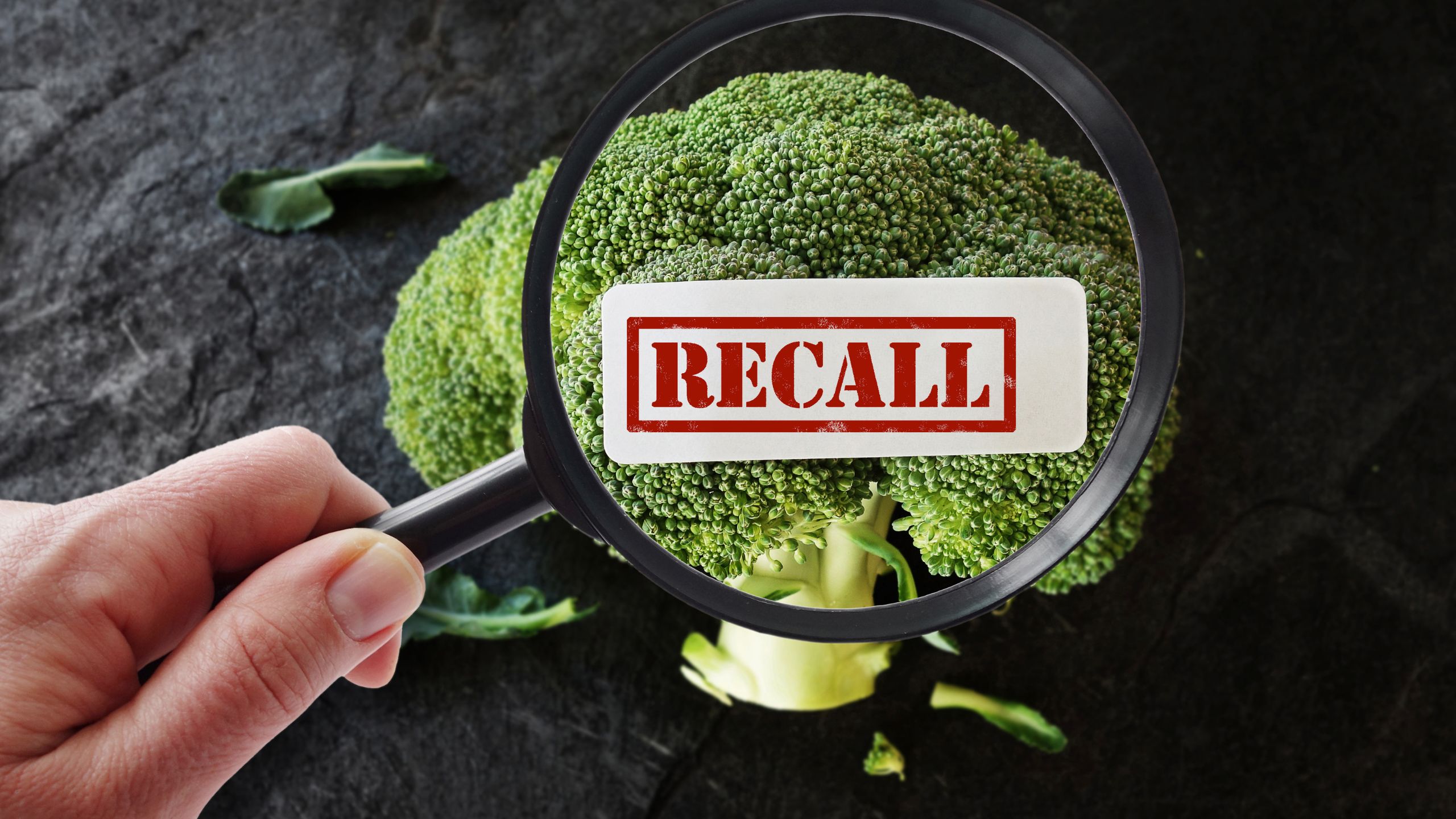Why Traceability & Recall Readiness Matter in SQF
In today’s food industry, the ability to trace products and respond to recalls isn’t just a regulatory requirement—it’s a critical component of brand protection and consumer trust. The Safe Quality Food (SQF) Code mandates robust traceability and recall systems as part of its core food safety management expectations.
A fully certified SQF facility must demonstrate that it can track ingredients from receipt through processing to distribution—and, if needed, execute a swift, well-coordinated recall.
With SQF Edition 10 emphasizing risk-based traceability and enhanced recall preparedness, this area is under greater scrutiny than ever.
Key Requirements Under the SQF Food Safety Code
SQF requires facilities to implement systems that allow for complete product traceability in both directions:
- Backwards to suppliers, raw materials, and packaging
- Forwards to customers, batches, and distribution points
Core expectations include:
- Lot identification systems for raw materials and finished goods
- Accurate production and packaging records
- Traceability trials performed at least annually
- Mock recall exercises to test readiness and documentation
- Recall procedures that include internal notification protocols, regulatory reporting, and customer communication plans
Facilities must also maintain clearly defined roles and responsibilities, escalation timelines, and communication flowcharts as part of their written recall procedures.
How Traceability and Recall Fit into the Broader SQF System
Traceability and recall readiness don’t exist in isolation—they connect to every aspect of your SQF system:
- Supplier Approval: You can’t trace back effectively without accurate vendor records
- Allergen Control: Mislabeling issues often lead to recalls; traceability helps pinpoint affected product quickly
- Label Verification: Ties directly to recall prevention and consumer safety
- Training Programs: Employees must know how to recognize traceability codes and follow recall protocols
- Inventory Management: Real-time tracking tools are essential to efficient recalls and recovery estimates
Pro Tip: During an audit, it’s not enough to have procedures—you’ll need to show evidence of traceability tests, mock recall results, and continuous improvement actions.
What Auditors Look for in Traceability Systems
SQF auditors will evaluate:
- Your ability to trace ingredients and packaging back to their source
- The speed at which you can identify and isolate affected product
- Records showing when traceability tests were conducted and what outcomes were documented
- Whether traceability is digitized or reliant on error-prone manual systems
- Evidence that all departments involved in recalls (QA, production, logistics, customer service) are trained and prepared
Mock recalls should be:
- Conducted at least annually (many facilities do them quarterly)
- Time-tracked and measured against recovery targets (e.g., 98%+ recovery within 2–4 hours)
- Reviewed with leadership to evaluate systemic gaps
- Documented with action plans for any deficiencies identified
Actionable Tip: Use recall simulations to test supplier trace-back speed, not just internal recovery. This strengthens supplier accountability and exposes gaps early.
Common Pitfalls and How to Avoid Them
Facilities often face non-conformances due to:
- Incomplete lot tracking or poor record linkage between production and distribution
- Outdated or overly complex recall procedures that are not understood across departments
- Lack of cross-departmental involvement in mock recalls
- Missing documentation of trial outcomes, timelines, or corrective improvements
- Overreliance on a single individual to manage the entire recall response
Solutions:
- Implement centralized recall binders (physical or digital) with critical contacts, lot coding guides, and escalation trees
- Assign backup recall coordinators and cross-train staff annually
- Conduct post-mock-recall reviews with measurable objectives and departmental debriefs
Registrar Corp’s Approach to Strengthening Recall Readiness
Through Registrar Corp’s SQF and Recall Readiness Training, we help facilities:
- Build traceability systems that meet SQF, FSMA, and customer expectations
- Create realistic mock recall playbooks with scenario-based training
- Implement technology and workflows that speed up data access
- Prepare staff across all departments for their role in a real-world scenario
Our approach emphasizes operational resilience—not just documentation—so your facility can protect consumers, maintain contracts, and stay ahead of compliance requirements.
The Real ROI of Being Recall-Ready
Being prepared isn’t just about passing audits—it’s about:
- Protecting consumers
- Avoiding regulatory action
- Preserving contracts with major buyers
- Limiting financial and reputational fallout
- Enhancing supplier transparency and internal accountability
SQF-certified facilities are expected to demonstrate a proactive, tested, and resilient system. When the unexpected happens, your ability to respond defines more than your compliance—it defines your credibility.








